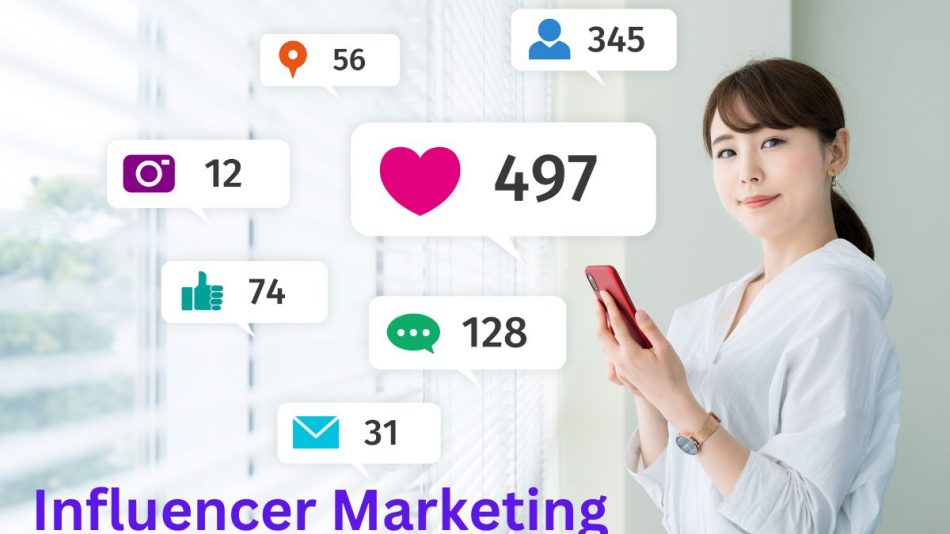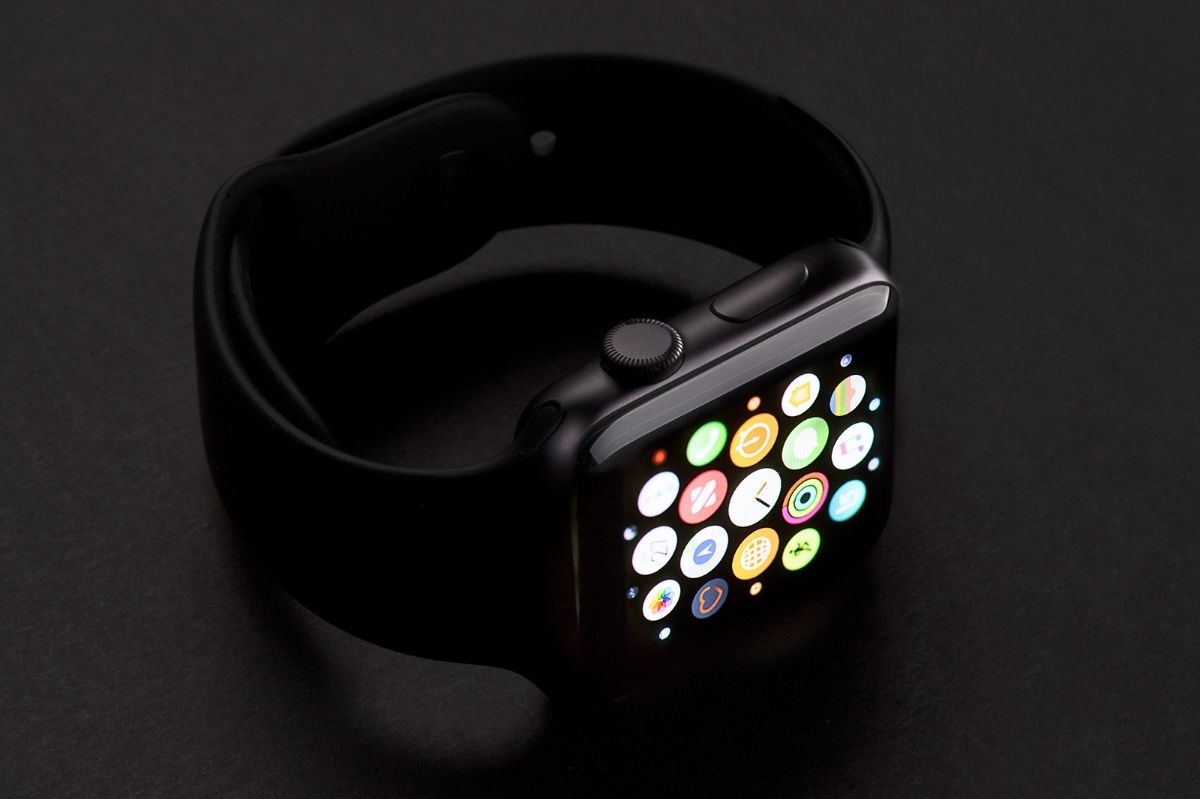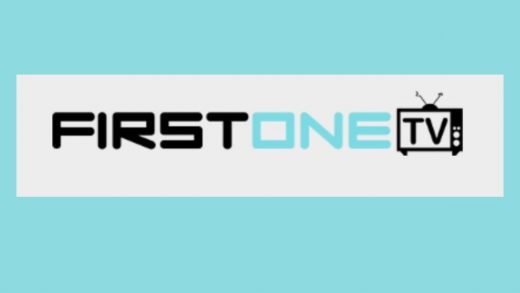Influencer Marketing: A brand created ad hoc, 117,000 posts branded #TheFerragnaz and 34 million total interactions – 96% from Instagram alone – for the most social wedding Italy has ever seen: the one between the fashion blogger and influencer Chiara Ferragni and the rapper Fedez.
The media power of the influencers, Ferragni in particular, and the social reach of the event have only confirmed this is already known: some influencers manage to reach and involve a vast audience like a successful TV show, if not even more.
The social reach of the marriage between Chiara Ferragni and Fedez
Influencer marketing: what advantages for brands?
Alitalia, Prada, Dior, Trudi, Lancome, M&M’s, Pringles, Versace: many brands have sponsored what has been defined as the event of the year and that – rightly – have sensed the advantage that the social wedding of the Ferragnez would have brought about notoriety and visibility.
In a different way and with different metrics, all the sponsors of the wedding recorded very high visibility peaks.
To mention the best known, chosen by the Milanese blogger for the creation of her wedding dress, Dior has totaled 2 million interactions on Instagram, which, according to an estimate by Launchmetrics, would have an economic value of around 5 million dollars.
A promotional action is not a marketing strategy.
Visibility and then?
The advantages that even a single post from a well-known influencer can bring to a brand are undeniable. But is this enough to make a successful strategy?
There is often confusion between “action” and “strategy.” Individual promotional actions can certainly bring peaks of notoriety and sculpt the positioning of a brand, but is this enough to determine the success of a brand? And above all, can these operations determine an equally optimal result even for lesser-known brands?
Certainly, influencer marketing is not enough to respond to the business needs of companies, and, in some cases, it can also lead to an impoverishment of the strategic dimension if the planning does not provide for a clear definition of the channels and a basic consistency with the history of a brand.
A promotional action is not a marketing strategy.
Carrying out successful strategies with constant economic returns over time means analyzing your target, studying your market, understanding where you are and where you want to go, and evaluating which are the best ways to go. And more is needed to take one to get to the destination immediately.
Therefore, for influencer marketing to bring concrete results, a strategy incorporating more actions is needed.
We are increasingly structuring strategic plans that include influencer marketing activities because integrated into a structured dimension, they represent a rich lever for increasing reach.
So yes, influencer marketing today represents the marketing activities that can offer the greatest growth opportunities, but only if it is an integral part of a strategy capable of “playing” the visibility card at its best.
Also Read : 5 Tips To Make The Most Of Time In The Era Of Digital Culture




